Burning out light bulbs frequently occurs when least expected. After a hard day, you can be relaxing in a room when, all of a sudden, it is dark.
Burnt-out light bulbs, while an irritating inconvenience, typically have straightforward solutions. However, when light bulbs explode, it can signal a more significant issue that demands immediate and careful attention.
Now, let's delve into the root causes of why light bulbs may explode, exploring some of the most common reasons behind this unsettling occurrence.
Do light bulbs explode?
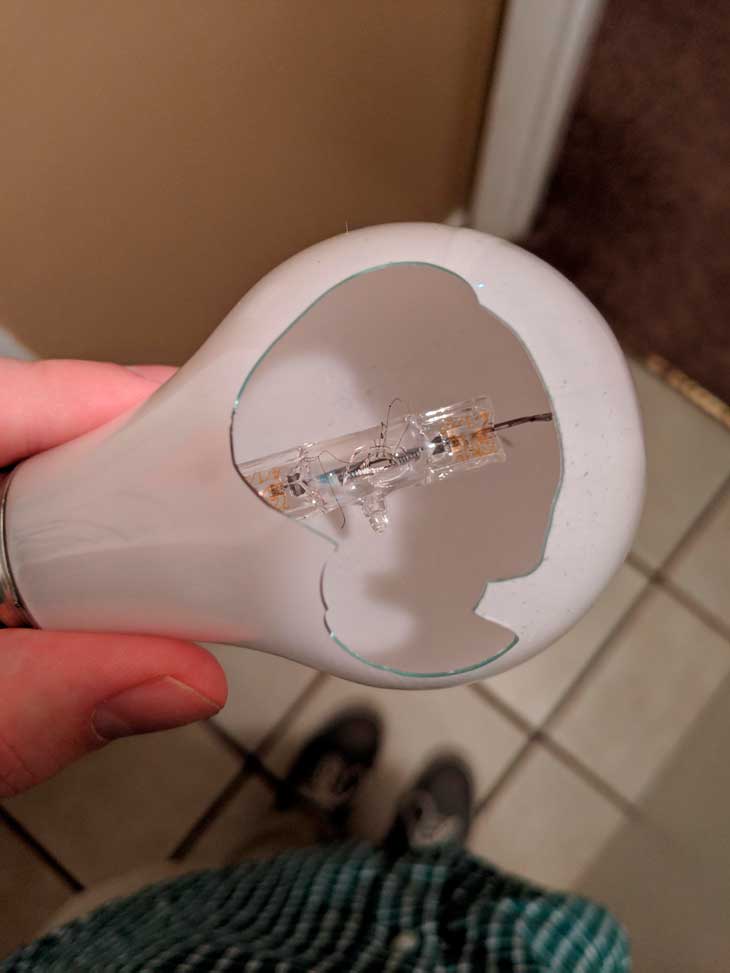
Yes, but not in the dramatic fashion often depicted in movies or television shows. When a light bulb explodes, it emits more of an internal boom without the glass shattering into countless pieces.
This fact should come as a relief, especially to those with light bulbs in carpeted areas, as sharp glass fragments, regardless of their size, pose a safety hazard, especially in households with pets or children.
At this stage in the evolution of the lighting industry, incandescent lighting can be likened to a dinosaur among lighting options. When people discuss the potential dangers of light bulbs exploding, they typically refer to the traditional incandescent lighting and its inherent shortcomings.
Unfortunately, this issue cannot be resolved with glue. It is a longstanding drawback associated with traditional light bulbs from their inception.
Possible causes of an exploded light bulb
We shall examine the causes of an explosion in a light bulb in the parts that follow. You may use this information to identify what caused the incident and to guide your efforts to prevent a similar one from occurring in the future.
Lack of insulation at the base of the bulb Light bulb bases are typically insulated to safeguard them from potential issues. However, there are instances when bulbs arrive with insufficient or no insulation at their base.
Inadequate insulation can lead to the melting of the metal screw base due to the heat generated during lighting. When the base melts, it can result in the leakage of gas stored within the bulb, leading to a reduction in bulb pressure.
Consequently, this loss of pressure inside the bulb can create an imbalance, ultimately culminating in the explosion of the light bulb.
Loose socket connection
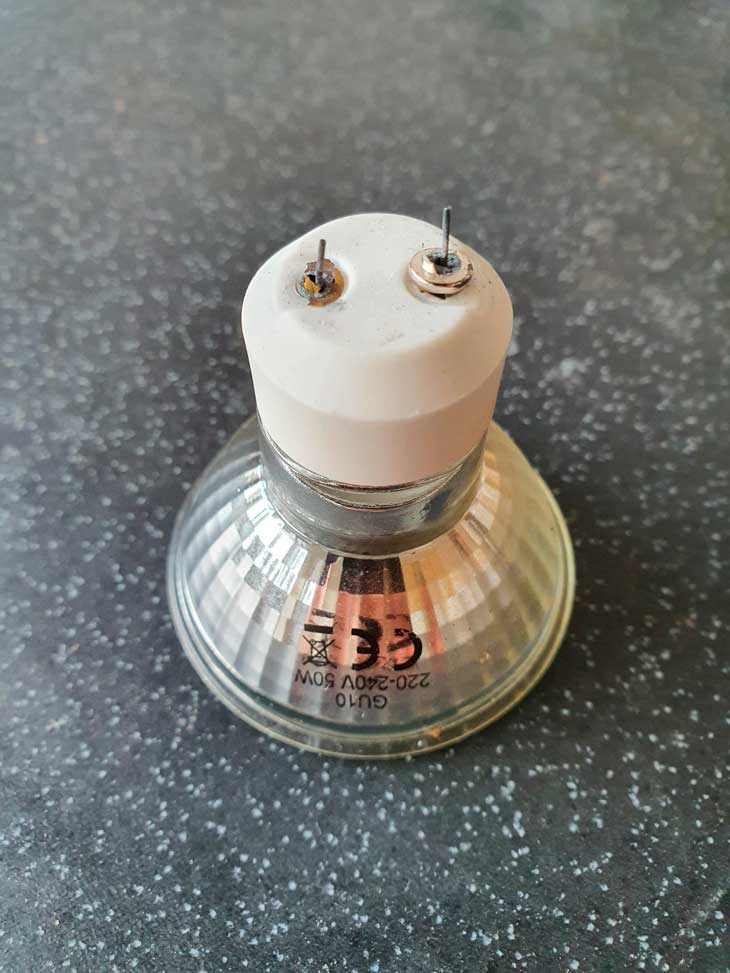
Bulb bases are designed to precisely fit particular light sockets. If they are not securely screwed in place, a loose connection can be a trigger for bulb explosions.
Loose connections disrupt the smooth flow of electricity, causing electrical jumps from the socket to the bulb. This sudden surge of electricity can lead to overheating in the fitting, ultimately resulting in the bulb exploding.
To prevent this issue, when replacing light bulbs, it is crucial to ensure you have the correct bulb size for the specific socket. If the right-sized bulb is used, securely screwing it into the socket can effectively resolve this problem.
Wrong or mismatched bulb wattage
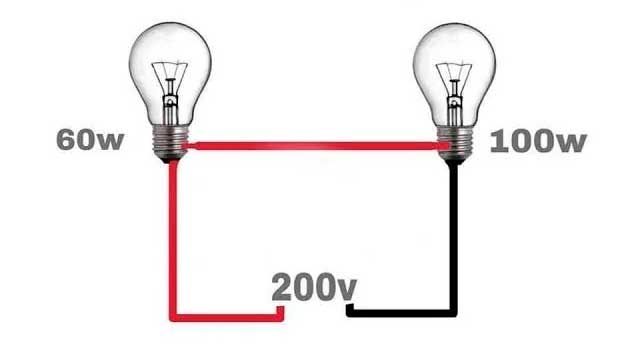
Light fixtures are engineered to accommodate light bulbs with specific wattage ratings. A device's maximum safe power handling capacity is indicated by its wattage rating.
It is possible for a bulb to overheat when its wattage rating is higher than the limit set for the fixture. As was previously indicated, light bulb explosions might be brought on by overheating.
To safeguard your light bulbs from exploding, you can verify the recommended light fixture wattage, typically indicated on the socket's side.
If this information is not readily available, you can approach the manufacturer for clarification. Use the smallest light bulb safe for the fixture, regardless of whether there is any uncertainty, if at all possible.
Power surge
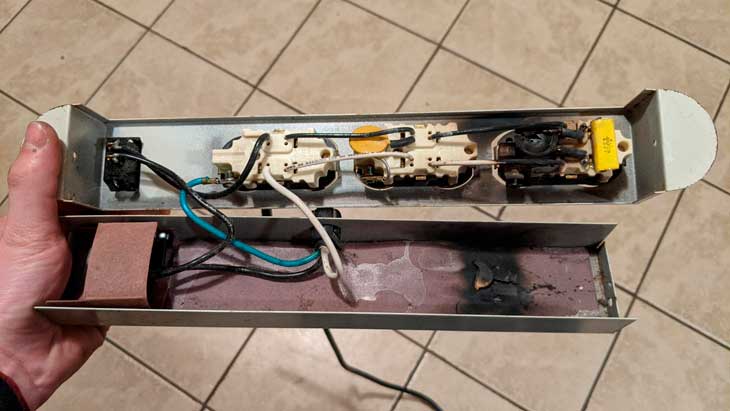
Another factor contributing to the explosion of light bulbs is power surges. Power surges involve sudden voltage spikes occurring within your home's electrical circuits.
Electrical devices, including light bulbs, are engineered to handle a specific level of electrical power. Therefore, when a power surge transpires, an excessive amount of electricity inundates the device.
Halogen and incandescent bulbs are particularly vulnerable to exploding due to power surges. These bulbs feature filaments that generate light through the heat produced by the flow of electricity.
Consequently, a power surge can lead to an excessive power influx, resulting in the overheating of the filament. Subsequently, the filament may burn out and break, causing the bulb to explode.
This phenomenon, where an overheated light bulb generates a flying filament that shatters the bulb's glass, is a common cause of light bulb explosions.
Sensitive halogen light bulbs and oily hands
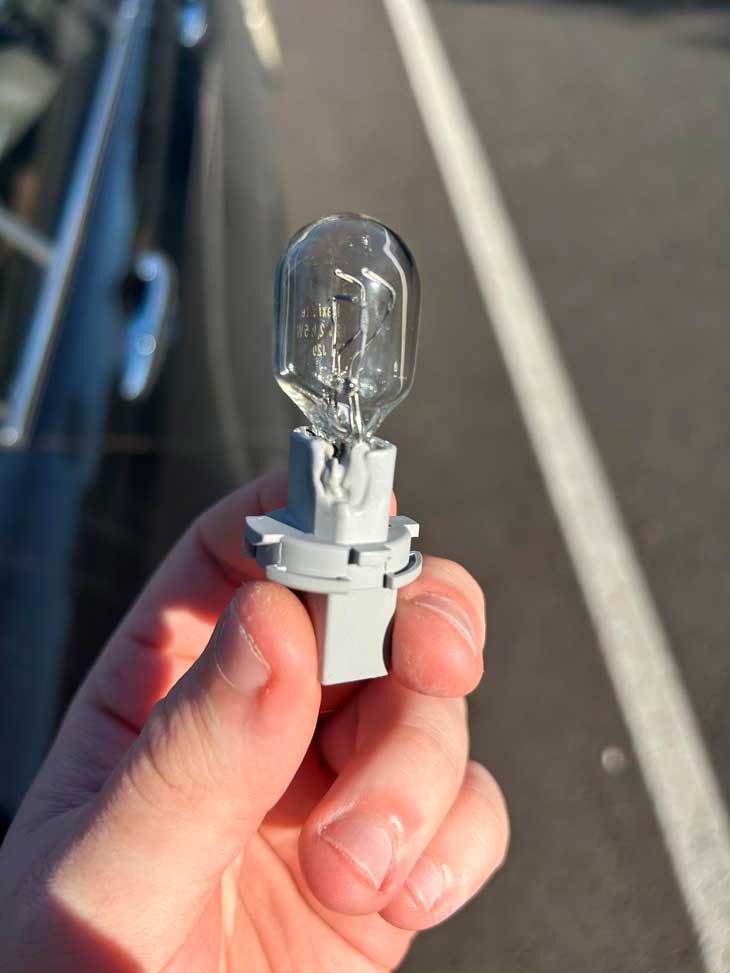
Interestingly, the natural oils on our skin can contribute to light bulbs exploding. When we touch a bulb, we can leave behind traces of oils from our hands on the glass surface, which can accumulate and eventually ignite.
This phenomenon holds particularly true for halogen and incandescent bulbs, as they operate at elevated temperatures to generate light.
The high heat is necessary to interact with the oils deposited on the bulb's surface. As these oils ignite, they can weaken the structural integrity of the bulb, eventually leading to an explosion.
To prevent this issue, it is advisable to wear gloves when handling light bulbs to shield the glass from contact with skin oils.
Faulty parts
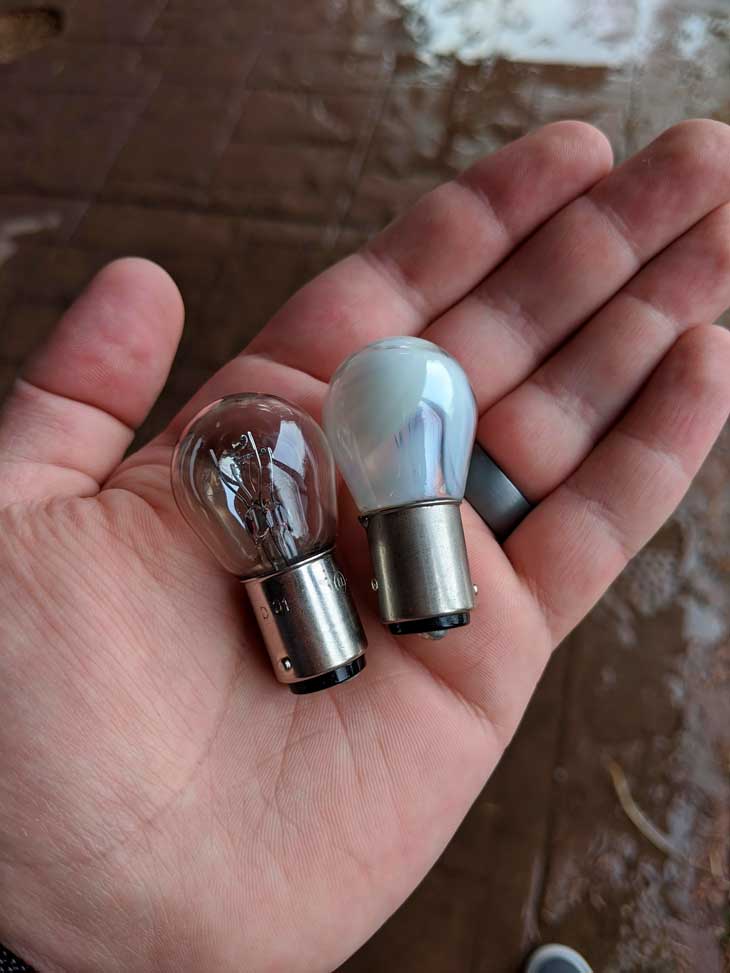
It is possible to buy a faulty light bulb. Defective parts are usually within the socket, the filament, the electrics, or the glass itself. It may be challenging to identify the problematic element that caused a light bulb to burst. In this situation, changing the bulb with a new one is the best course of action.
It may be worthwhile to inspect the light bulbs you buy in-store to prevent this. Take them out of the box and inspect them for anything that does not look right.
What happens if your light bulb exploded?
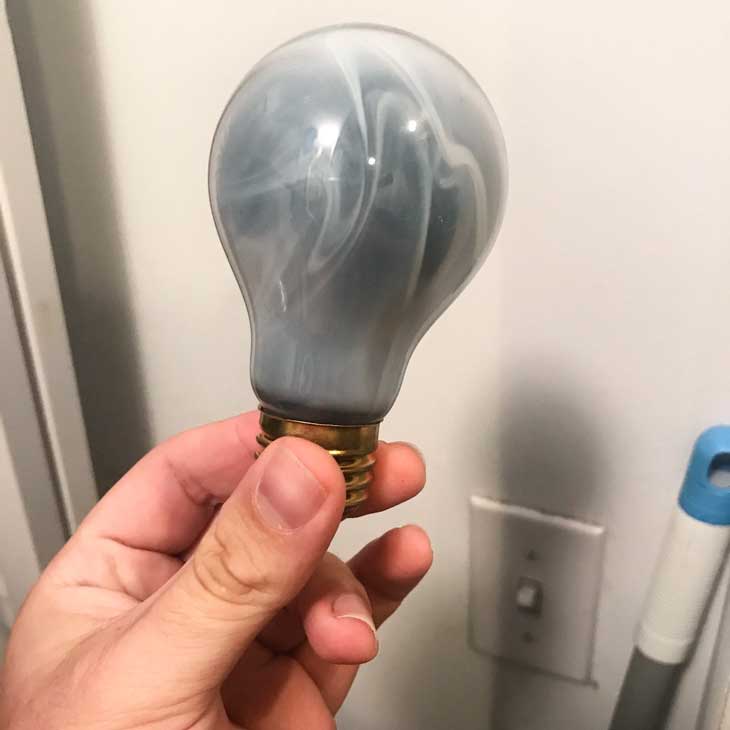
If a light bulb has exploded, refrain from attempting to remove it with your bare hand. The remaining glass fragments can be sharp, and there is a risk of electrocution.
Prioritize cleaning up the area where the explosion occurred to eliminate any potential hazards before changing the bulb. To safely address the situation, follow these steps:
Turn off the power at the breaker to ensure electrical safety. Use protective gloves to cautiously remove the broken bulb from its socket.
Following this order ensures that the shattered bulb has had time to cool down. Additionally, as a precautionary measure, continue to thoroughly clean the room multiple times throughout the week. It is easy to overlook small glass shards, and just one shard can pose a serious injury risk.